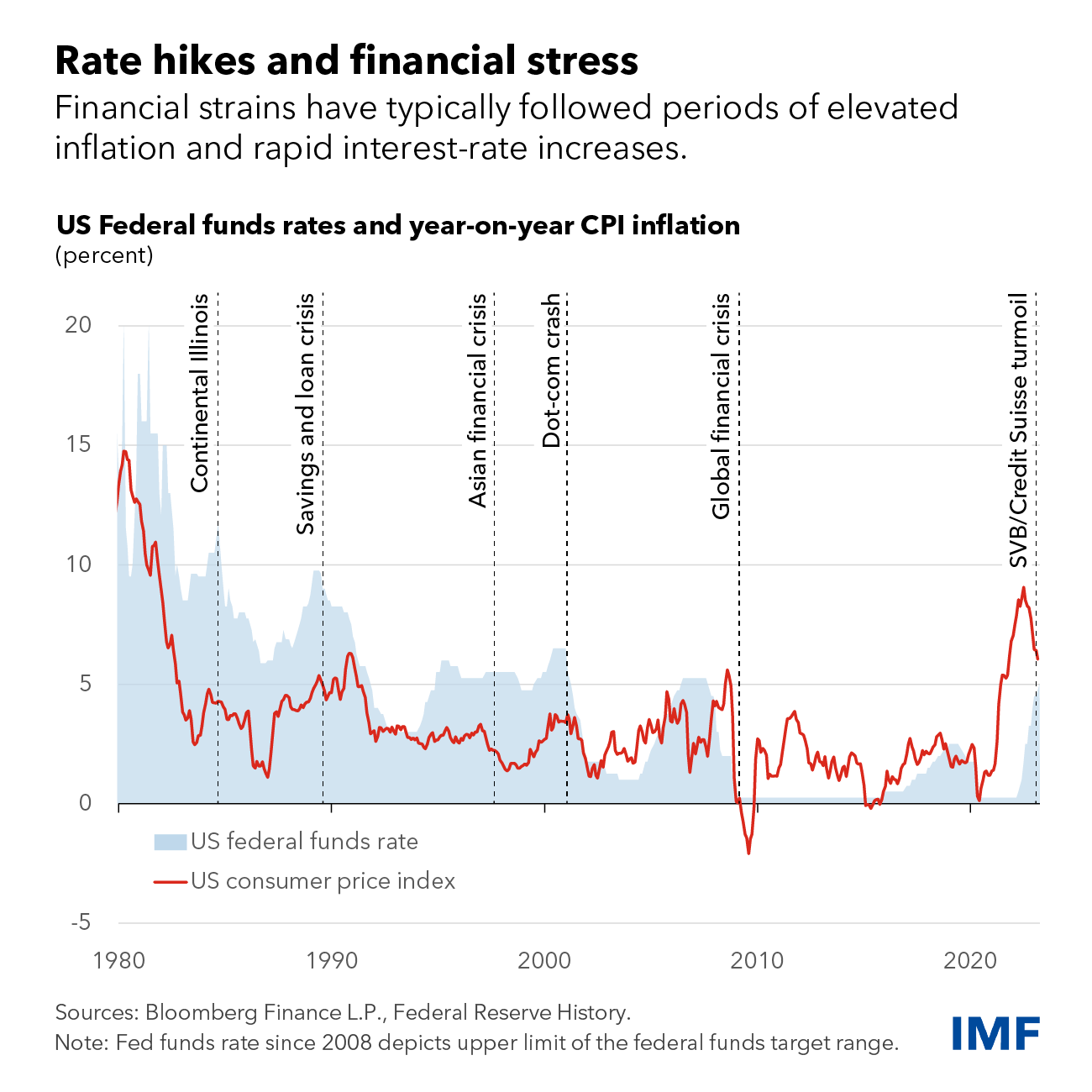Trump Considers Tariffs: Impact On Commercial Aircraft And Engine Industry

Table of Contents
Disruption of Global Supply Chains
Trump tariffs on imported goods would severely disrupt the intricate global supply chains that underpin the commercial aircraft and engine industry. The manufacturing of aircraft and engines relies heavily on a vast network of international suppliers providing crucial components. The impact of import duties and tariffs extends far beyond simple price increases.
- Increased Manufacturing Costs: Tariffs on imported parts, including titanium, aluminum, specialized electronics, and countless other components, would significantly inflate manufacturing costs for both airframes and engines. This translates directly into higher production costs for both Boeing and Airbus, as well as their engine suppliers.
- Supply Chain Delays: The imposition of tariffs could lead to significant delays in aircraft deliveries. Manufacturers might struggle to secure necessary parts in a timely manner, especially if suppliers are forced to navigate complex new customs procedures or face financial strain due to increased tariffs.
- Impact on Smaller Suppliers: Smaller, specialized parts suppliers who are heavily reliant on international trade are particularly vulnerable. These businesses often operate on tight margins and lack the resources to absorb increased costs or navigate complex trade regulations, potentially leading to bankruptcies and further supply chain disruptions.
- Production Relocation: To mitigate the impact of tariffs, manufacturers might consider relocating production facilities to countries outside the scope of the tariffs. This could lead to job losses in the US and a shift in global manufacturing landscapes, impacting national economies and international relations.
Increased Aircraft Prices and Reduced Demand
The ripple effects of increased manufacturing costs due to Trump tariffs would inevitably translate into higher aircraft prices. This price increase will have far-reaching consequences across the aviation ecosystem.
- Higher Aircraft Prices: The direct impact of tariffs on component costs will inevitably lead to increases in the prices of new aircraft. Airlines, already operating under tight profit margins, would face significantly higher acquisition costs.
- Reduced Demand for New Aircraft: Facing higher acquisition costs, airlines may reduce their orders for new aircraft, impacting the production plans and profitability of manufacturers like Boeing and Airbus. This reduced demand will further exacerbate economic challenges across the industry.
- Increased Ticket Prices for Consumers: The increased costs will ultimately be passed down to consumers through higher airfare prices. This will affect the affordability of air travel and potentially impact related industries like tourism and leisure travel.
- Economic Slowdown: Reduced airline profitability due to higher aircraft prices and potentially decreased passenger numbers could lead to a broader economic slowdown, affecting related sectors such as hospitality, tourism, and ground transportation.
Competitive Landscape Shifts: Boeing vs. Airbus
The imposition of Trump tariffs could significantly alter the competitive balance between Boeing and Airbus, depending on their sourcing strategies and production locations. This could have a significant impact on the long-term outlook for both companies.
- Disproportionate Impact: The impact of tariffs could disproportionately affect either Boeing or Airbus depending on the origin of their imported parts and the geographical location of their manufacturing facilities. Those who rely more heavily on imports from tariffed countries would face greater challenges.
- Retaliatory Tariffs: The implementation of tariffs could spark retaliatory measures from other countries, escalating a trade war and harming both Boeing and Airbus. This could involve tariffs on US-made aircraft or parts exported to other countries.
- Shift in Market Share: The resulting economic strain on one manufacturer could create opportunities for its competitor. This could lead to a significant shift in market share and potentially alter the long-term dominance in the commercial aircraft industry.
- Impact on International Relations: The imposition of tariffs and any subsequent retaliatory measures would negatively impact international relations, further complicating global trade and cooperation.
The Impact on Engine Manufacturers
Aircraft engine manufacturers, such as GE Aviation, Rolls-Royce, and Pratt & Whitney, face unique challenges due to the intricate and globally sourced nature of engine production.
- Specific Challenges: Engine manufacturers rely heavily on specialized materials and components sourced from various countries. Tariffs on these imported goods would directly increase their manufacturing costs.
- Impact on Innovation: The increased costs and uncertainty caused by tariffs could hinder engine development and innovation, potentially delaying the introduction of more fuel-efficient and technologically advanced engines.
- Global Role: Engine manufacturers play a critical role in the global aviation industry, and their vulnerability to trade wars highlights the interconnected nature of the sector.
Conclusion
The potential impact of Trump-era tariffs on the commercial aircraft and engine industry is severe and far-reaching. Disruptions to global supply chains, increased aircraft prices, and shifts in the competitive landscape between Boeing and Airbus are just some of the potential consequences. Understanding the intricacies of these potential trade implications is vital for all stakeholders. Staying informed about the ongoing developments concerning Trump tariffs and their impact on this crucial industry is paramount. We urge readers to conduct further research and engage in discussions to understand the long-term ramifications of this issue. Share this article to raise awareness about the significant effects of Trump tariffs on the commercial aircraft and engine industry.

Featured Posts
-
 Unlocking The Stock Market The Jazz Cash And K Trade Partnership
May 10, 2025
Unlocking The Stock Market The Jazz Cash And K Trade Partnership
May 10, 2025 -
 The Kreischers Marriage And The Netflix Stand Up Routine
May 10, 2025
The Kreischers Marriage And The Netflix Stand Up Routine
May 10, 2025 -
 Federal Reserve Rate Decision Holding Steady Amidst Rising Inflation
May 10, 2025
Federal Reserve Rate Decision Holding Steady Amidst Rising Inflation
May 10, 2025 -
 Extension Viticole A Dijon 2500 M Aux Valendons
May 10, 2025
Extension Viticole A Dijon 2500 M Aux Valendons
May 10, 2025 -
 Palisades Fires A List Of Celebrities Who Lost Their Homes
May 10, 2025
Palisades Fires A List Of Celebrities Who Lost Their Homes
May 10, 2025
